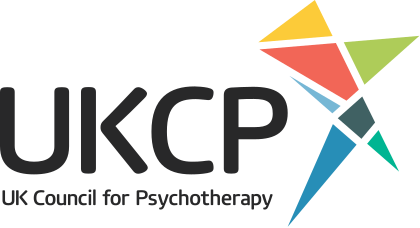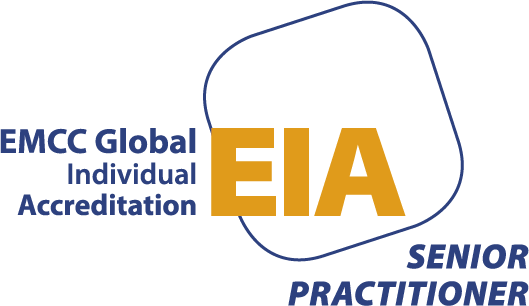Frequently asked questions
Thinking about starting therapy might be daunting and you might wonder what to expect from the first session. Essentially it gives you the chance to see whether we would work well together.
You may choose to say what brings you to therapy. I usually explain my approach to therapy and do my best to answer any questions you may have. I will also ask some questions about you, what brings you to therapy and what your initial worries are.
At the end of the first session we can agree to work together, or you may choose to think things over in your own time.
Therapy works best when we are both clear on what you want to get out of it. You may start just wanting to feel better. Later on you may want to make specific changes to your life or make new decisions. Therapy does not cure you of your personal demons but it can give you the tools to work through the obstacles in your way. I see therapy as working with my clients to help them to be the best version of themselves.
Sessions online are available via Skype, Zoom or FaceTime. Preferably use a desktop or laptop that is static and has a big screen, make sure your device is either fully charged before the sessions or plugged in. It is important to sit back so we can see each other from head to waist as though we are sitting in front of each other. Make sure you are in a private room where you will not be interrupted. Advisable is to use head phones so you will not be disturbed, so others can not overhear our conversation and to minimise interruption by external factors.
As an accredited UKCP Psychotherapist and a Member of BACP, I offer a high standard of confidentiality. Confidentiality is a fundamental element within therapy in order to provide you with a safe and private space to talk. I will not give information to your doctor or anyone else without your permission. The only time I might break confidentiality is if there is a serious risk of harm to you or others, and in very rare cases where required by law.
It depends entirely on your situation, the difficulties you bring and your personal preference. Therapy does not always offer an immediate solution to long standing and often, painful problems. There is no upper limit to the number of sessions, you may continue for as long as you feel the sessions are of use to you. We will review your progress together at regular intervals to help you with this.
The sessions are 50 minutes each for individuals and 60 minutes for couples. They are on a weekly basis at the same time and the same place.
Therapy sessions give you the opportunity to talk about anything that is on your mind, and usually you will start talking rather than me setting the scene.
In our initial session, we will discuss your expectations of counselling. If we decide to work together we agree to a working contract, this will ensure we work within safe and clear boundaries. This includes confidentiality, GDPR, ethics, payment options, my digital policy, holidays and cancellation policies. This is also an opportunity for you to ask any questions if you are unsure of anything.
Sometimes counselling can be uncomfortable to start with, as there is no magic cure. Sometimes things can feel worse before they feel better but if you are prepared to examine your feelings, it may enable you to make more sense of the world around you. If of course you wish to end the counselling, we can discuss this and agree an ‘ending’ session.
I will not provide you with solutions, however I will help you explore different ways of dealing with a situation, but the choice of whether or not you do anything about it is yours.
I will encourage you to talk about many aspects of your life, and to express your feelings. Your wish not to discuss a particular matter will always be respected.
Discuss this with me and we will arrange an ‘ending’ session. You can choose to stop at any time you like. However for the therapeutic process to be most effective, it is best to give notice and to work towards an ending.
I am obliged to make some notes after sessions. These notes are brief, coded and kept in a secure place.
The UKCP stands for United Kingdom Council of Psychotherapy and BACP stands for British Association for Counselling and Psychotherapy. They are body’s which have been set up to ensure that its members adhere to Ethical Codes of Practice, keep up-to-date in the world of psychotherapy, brings together many counsellors and psychotherapists of different disciplines and is also there to protect you as a client.
You may have more questions about therapy and how I work. If you do, call me on 07791004662 or email me at jack@jackpijl.co.uk





